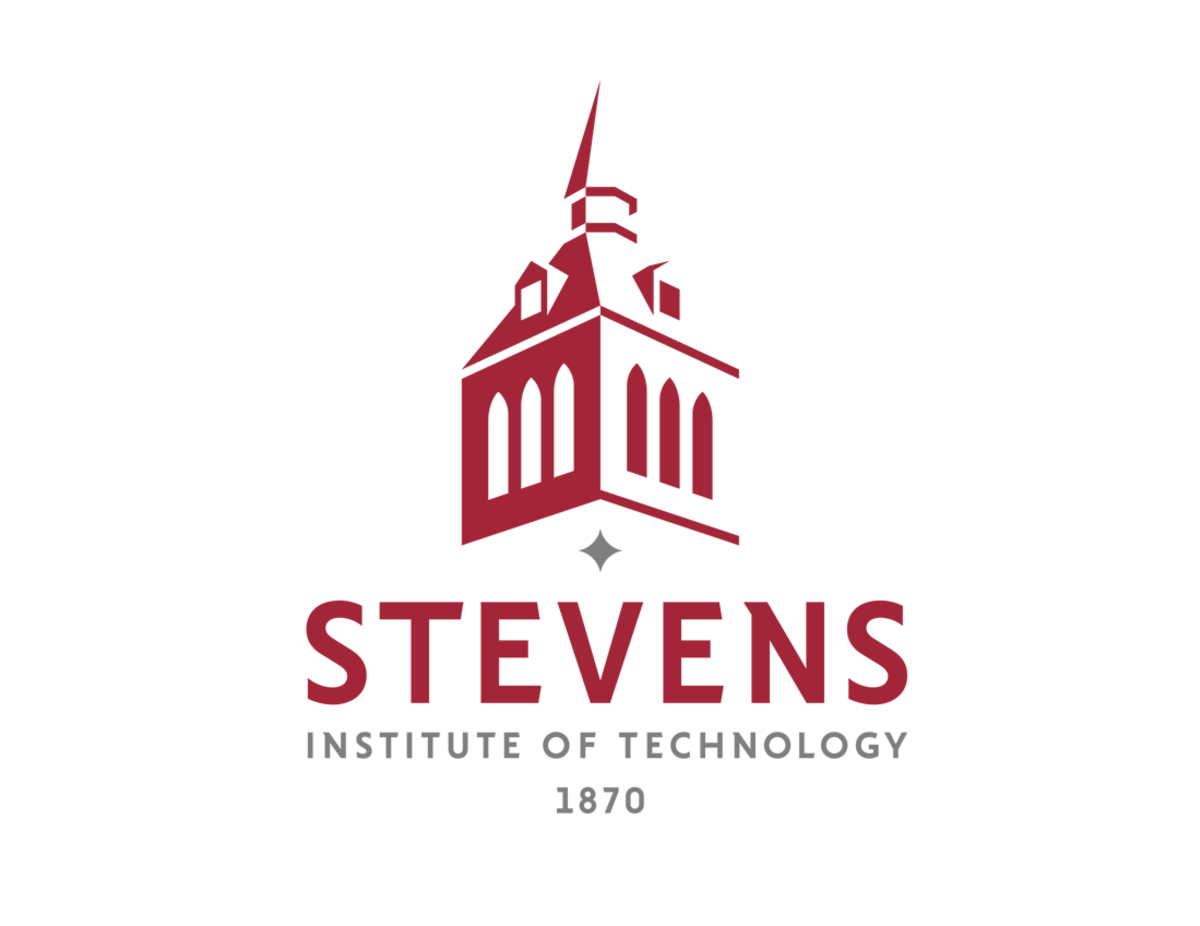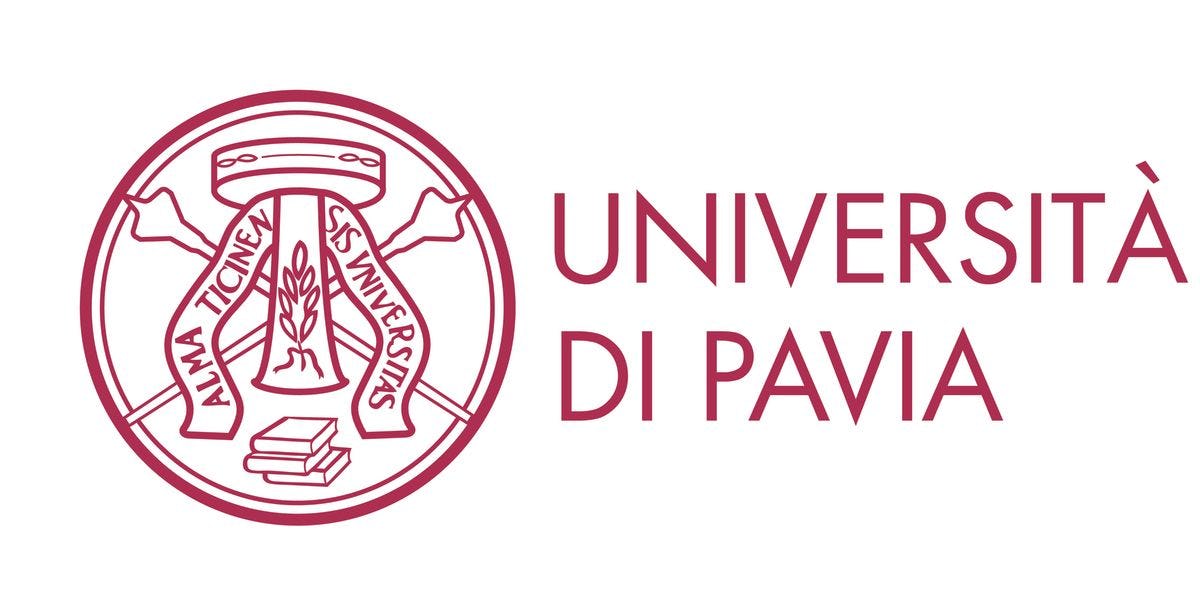
Master's in International Business & Entrepreneurship and Master's in Information Systems Dual Degree Program
Program Details
Degree
Master of ScienceSchool
School of BusinessDepartment
School of Business Graduate ProgramAvailable
On campusStevens School of Business and the University of Pavia offer this highly-coordinated dual degree program equipping you with a holistic skill set, enabling you to navigate the complexities of the global business landscape by leveraging technology for innovation and sustainable growth. At the end of the program, you will get a Master’s degree in International Business & Entrepreneurship from the University of Pavia and a Master’s degree in Information Systems from the Stevens School of Business.
In the first year, you will enroll full-time at the University of Pavia, taking courses within the M.S. in International Business & Entrepreneurship program (120 ECT units). Then, you will enroll full-time at the Stevens School of Business, taking courses within the M.S. in Information Systems program (24 credits). You will receive a diploma from each school after completion (approximately 24 months).
Program Benefits:
Diverse Skill Set: Gain a comprehensive skill set that spans across business management, entrepreneurship, and technology.
Global Perspective: Get a deep understanding of global markets, cultural nuances, and international trade regulations while learning to adapt technological solutions to diverse business environments worldwide.
Strategic Decision-Making: Analyze complex data sets, identify trends, and leverage technology for strategic planning and operational efficiency.
Competitive Edge: Many employers seek professionals with a multidisciplinary skill set who can bridge the gap between business requirements and technological solutions.
Careers:
Global Business Analyst
International Project Manager
Supply Chain Manager
Business Development Manager
Entrepreneur/Startup Founder
IT Manager in Global Companies
Stevens Institute of Technology
Stevens Institute of Technology is a premier, private research university in Hoboken, New Jersey, overlooking the Manhattan skyline. Since its founding in 1870, technological innovation and entrepreneurship have been the hallmarks of Stevens’ education and research. Within the university’s three schools, Stevens prepares its more than 8,000 undergraduate and graduate students for an increasingly complex and technology-centric world. Our exceptional students collaborate closely with world-class faculty in an interdisciplinary, student-centric, entrepreneurial environment, readying them to fuel the innovation economy. Academic and research programs spanning finance, computing, engineering and the arts expand the frontiers of science and leverage technology to confront the most challenging problems of our time. Stevens is consistently ranked among the nation’s leaders in ROI and career services and is in the top 1% nationally of colleges with the highest-paid graduates.
About the Stevens M.S. in Information Systems Program
Today's information systems manager needs to have a thorough command not only of technology — security, compliance, analytics, mobile networks and cloud-based systems — but of business, and the way employees use technology to get the job done. The Information Systems master's program brings an analytics-intensive approach to topics like digital innovation and cybersecurity, empowering you as a decision-maker whose insights guide technology strategy across the enterprise.
Courses in the Information Systems master's program encourage information systems consultants, IT auditors, and project managers to frame problems from the perspective of a CIO who drives organizational change through technology. A curricular balance of new coding skills and leadership perspectives will turn you into a creative problem-solver able to stay ahead of the rapid pace of technology.
Courses (24 Credits)
Choose 3 elective courses in addition to the courses listed below.
Pavia 510204 can be transferred to replace Stevens MIS760, Pavia 510196 can be transferred to replace Stevens MGT609, Pavia 510205 can be transferred to replace Stevens MIS710, and Pavia 508750 can be transferred to replace Stevens MIS699 and MGT671.
Prerequisite Courses: Financial and Managerial Accounting, Financial Management, and Statistical Models.
MIS 637 Data Analytics and Machine Learning - 3 Credits
This course will focus on Data Mining & Knowledge Discovery Algorithms and their applications in solving real world business and operation problems. We concentrate on demonstrating how discovering the hidden knowledge in corporate databases will help managers to make near-real time intelligent business and operation decisions. The course will begin with an introduction to Data Mining and Knowledge Discovery in Databases. Methodological and practical aspects of knowledge discovery algorithms including: Data Preprocessing, k-Nearest Neighborhood algorithm, Machine Learning and Decision Trees, Artificial Neural Networks, Clustering, and Algorithm Evaluation Techniques will be covered. Practical examples and case studies will be present throughout the course.
MIS 631 Data Management -2 Credits
This 2-credit course focuses on data and database management, with an emphasis on modeling and design, and their application to business decision making. The course provides a conceptual understanding of both organizational and technical issues associated with data. The central theme concerns data modeling and databases. We examine organizational approaches to managing and integrating data. Among the topics included are normalization, entity-relationship modeling, relational database design, SQL, and data definition language (DDL). Discussed are specific applications such as strategic data management, master data management, and physical database design. The course concludes with a brief overview of Decision Support Systems, data warehousing and business intelligence, NoSQL databases (e.g., MongoDB) and cloud computing. The course includes a number of cases studies and modeling and design projects. Students in MIS 631 must also enroll in the associated 1-credit lab course MIS 632 Managing Data Lab.
MIS 632 Data Management Lab - 1 Credit
This 1-credit lab course provides an experiential learning component for MIS 631 Data Management for which it is a co-requisite. MIS 632 provides hands-on experience in designing, implementing, and querying data bases. The relevant software is introduced using demonstrations, in-class exercises and homework exercises that are closely tied to and executed in synch with the conceptual and theoretical material covered in MIS 631. Specifically, students will gain hands-on experience in: (i) ERWIN - a widely used commercial tool for representing conceptual (e.g., E-R diagrams) and logical data models (e.g., relational DBMS), (ii) PostgreSQL (relational database software), (iii) SQL Structured Query Language) and (iv) MongoDB a NoSQL document data store. Students in MIS 632 must also be enrolled in the associated 2-credit lecture course MIS 631 Managing Data course.
MIS 730 Integrating Information System Technologies - 3 Credits
This course focuses on the issues surrounding the design of an overall information technology architecture. The traditional approach in organizations is to segment the problem into four areas - network, hardware, data and applications. This course will focus on the interdependencies among these architectures. In addition, this course will utilize management research on organizational integration and coordination science. The student will learn how to design in the large, make appropriate choices about architecture in relationship to overall organization goals, understand the different mechanisms available for coordination and create a process for establishing and maintaining an enterprise architecture.
FIN 515 Financial Decision Making - 3 Credits
Corporate financial management requires the ability to understand the past performance of the firm in accounting terms; while also being able to project the future economic consequences of the firm in financial terms. This course provides the requisite survey of accounting and finance methods and principles to allow technical executives to make effective decisions that maximize shareholder value.
The University of Pavia
The University of Pavia is one of the oldest universities in the world founded in 1361 and offering degree courses in all fields of studies Students are welcomed into the friendly and dynamic atmosphere of the city campus full of culture, enriching their life. The university is an active promoter of research in collaboration with the world’s most prestigious academic institutions and is a leader toward adaptation to changes and search of new paths to explore and new life changing discoveries to be made.
About the Pavia M.S. in International Business Program
This international and challenging study program gives students the tools required to lead the global world we live in, training prospective aspiring leaders and entrepreneurs to make a major contribution to the performance of different organizations around the world. You will get a broad view of international business and entrepreneurship with a specialization in digital management.
Courses
View more details on University of Pavia's M.S. International Business program. Please note: ECTS is the European credit system. 2 ECTS = 1 credit.
Courses (120 ECTS)
510205 - Transformative Innovation (9 ECTS)
510206 - Innovation & Technology Law (6 ECTS)
Analysis of most pressing contemporary issues that the law faces when regulating global, technology enabled markets, the digital economy and knowledge industries. By the end you will have acquired a sophisticated awareness of the problems that arise in the field of law and technology and the differing approaches to their solution.
507903 - Firm Valuation And Capital Market Instruments (9 ECTS)
The course has two main objectives. On one side to illustrate the topic of firm valuation. On the other to give an idea of financial instruments negotiated in financial markets, grouped in asset classes. At the end of the course, students will be able to operate the valuation of a firm using the DCF and market multiples. At the same time, students should be able, at the end of the course, to understand the main features of the most important asset classes.
507909 - Big Data Analysis (9 ECTS)
Knowledge of the most relevant statistical methods for large data set analysis. The student will learn how to run a complete work flow of analysis by employing R software. From the collection and management of large data set, through the choice of the most appropriate models to the final interpretation and contextualization of the results.
500253 - Economics Of Emerging Economies (9 ECTS)
To understand the complexity of economic development and the deep factors behind the failure or success of nations. Furthermore, the class aims to apply the acquired knowledge in the assessment of various cases of development considering, in particular, the need for an interdisciplinary methodology and the lack of any single approach to the solution of the problems of development.
508750 - Information Systems For Managers (9 ECTS)
This course aims to start you on your way to becoming a competent and IS-savvy manager who is well versed in the analysis of the potential and risks of constantly evolving Information Technologies. The class foundation is in Information System discipline, upon which you can build further through formal or independent studies.
510196 - Applied Project Management And Agile Methods (6 ECTS)
510207 - Coding And Database Management (6 ECTS)
The course is designed to be practically theoretical. We will cover enough theory to develop a frame of reference on which to build practical skills. In parallel, through exercises and projects, we will internalize theoretical concepts and reinforce our theoretical understanding.
Can be transferred from Stevens MIS631 and MIS632
508650 - Corporate Finance (6 ECTS)
Can be transferred from Stevens FIN515
504835 - Economics Of Innovation And Industrial Dynamics (6 ECTS)
Can be transferred from Stevens Economics Elective Course
509363 - Business Analytics With Excel (3 ECTS)
Can be transferred from Stevens MIS637
510208 - Digital Marketing And Crypto Strategies (6 ECTS)
Can be transferred from Stevens Elective Course
Elective Courses (12 ECTS)
Can be transferred from Stevens Elective Courses

